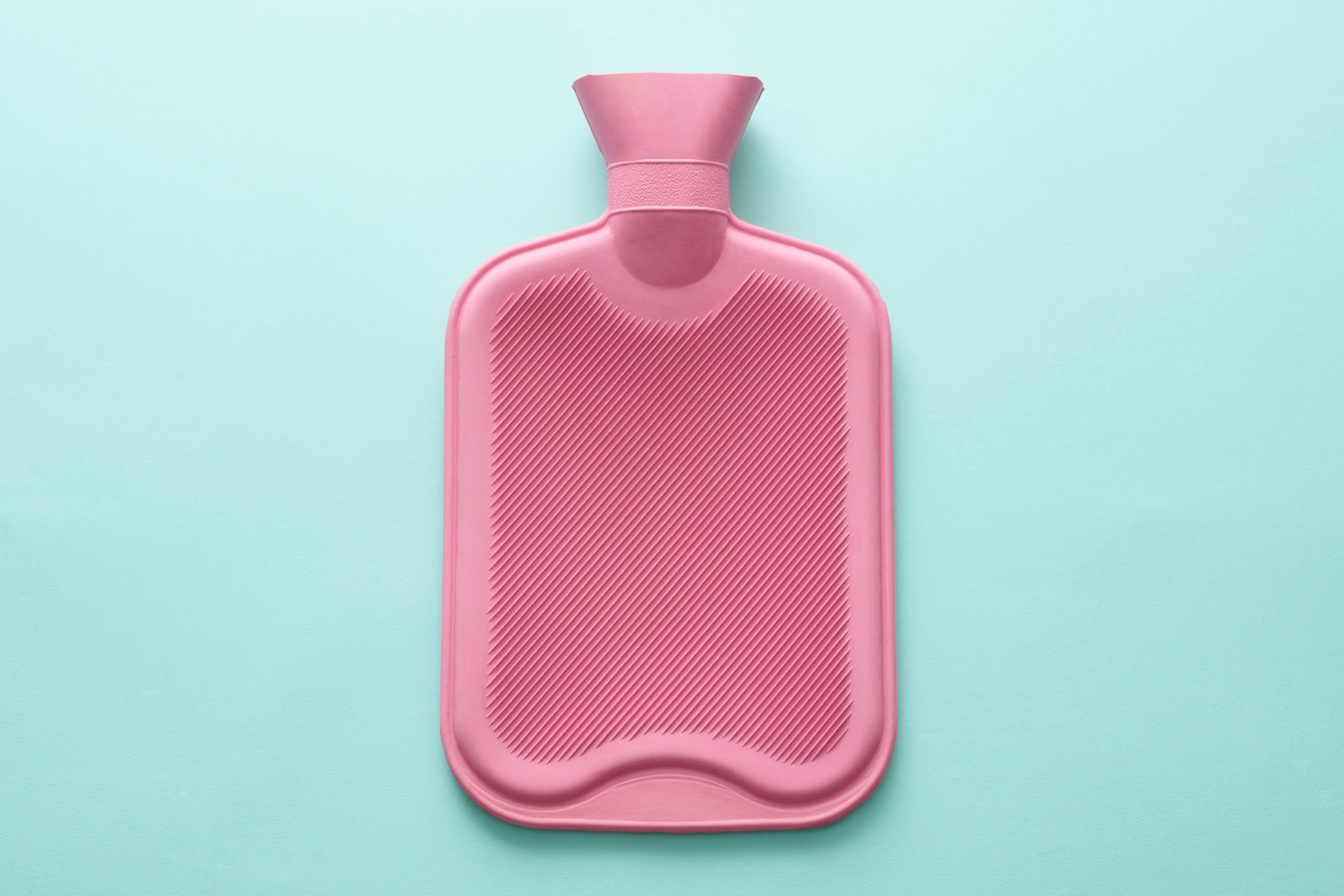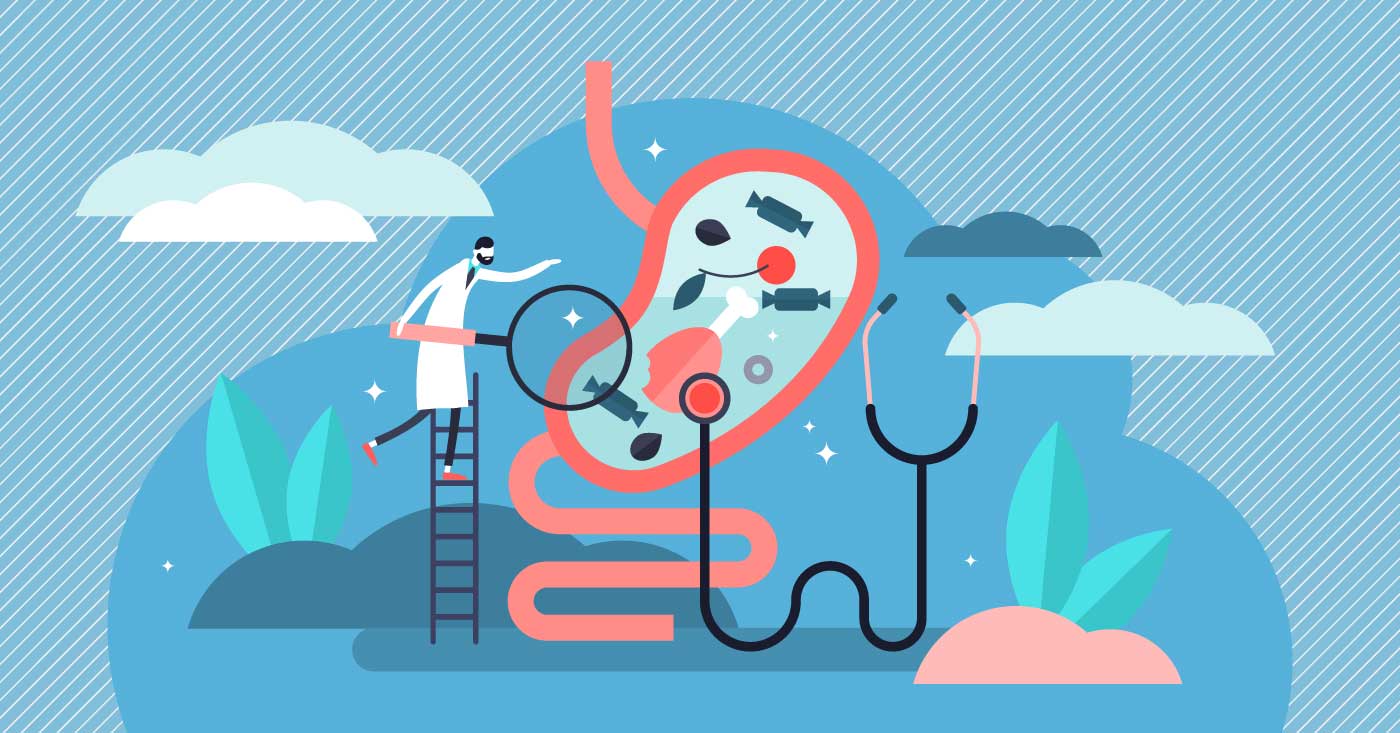Periods and your mental health: Expert advice from medino and BeYou
Aug. 09, 2021
This week we welcome a guest blog from our friends at medino, digital pharmacy and the latest stockists of the BeYou range.
With the amazing products we champion and expert advice from our all-knowing pharmacist, Giulia, we aim to bring you all the information and support you need about healthcare topics. Ever thought about the effect your period could be having on your mental health? It’s something that’s not talked about or researched well enough – so, together with BeYou, we’re starting the conversation here.
There’s absolutely no shame in experiencing any of these period-related symptoms and conditions. You’re not alone – it’s just that so many of us don’t know enough about them. Now that you do, you can recognise your symptoms or patterns and chat to a healthcare professional if you need more help.
PMS
Let’s start with what we know: PMS. We’ve all heard the acronym, and doctor’s think that as many as three-quarters of people who menstruate get some signs of it. Symptoms can change from one month to the next, making PMS a bit difficult to track for many people. However, some of the most common symptoms are mood swings and feeling upset, anxious or irritable.
Experts aren’t exactly sure what causes PMS, but they think it’s linked to hormonal changes during the second half of your menstrual cycle. When you ovulate, your oestrogen and progesterone levels drop. This influences your serotonin levels - that’s the neurotransmitter that helps to regulate mood, sleep cycles and appetite. That’s why you may feel sad, depressed or irritable during this phase of your period. This is completely normal, but it’s important to reach out for help if you feel you’re not coping.
PMDD - Premenstrual Dysmorphic Disorder
PMDD is something you may not have heard about. It’s similar to PMS, but a lot more serious. It’s still largely a mystery to experts, but researchers think it may be caused by an abnormal reaction to period-related hormone changes and affects up to 5% of women.
The symptoms include:
- Mood swings
- Feeling upset or tearful
- Anger or irritability
- Anxiety
- The feeling of hopelessness
- Tension
- Difficulty concentrating
- Feeling overwhelmed
- Lack of energy
- Loss in interest in activities your usually enjoy
- Suicidal feelings
These symptoms can severely affect your mental health and should never be ignored. If you experience them, you should contact a healthcare professional immediately to get you the help you need.
Our pharmacist, Guilia, says, “PMS and PMDD are conditions that most women experience, so don’t ever think it is something that you are making up or is in your head. Whilst acknowledging this is the first step, don’t be afraid to seek help or advice: there are treatments, supplements and lifestyle changes you can make which can help improve your symptoms.”
Dysmenorrhoea
The name’s a bit of a mouthful, but this condition describes painful cramping in the lower tummy shortly before or during your period, or both. There are two types of dysmenorrhoea:
- Primary: These are contractions and pain in your uterus that could possibly be caused by the production of prostaglandins - compounds made of fats that have hormone-like effects
- Secondary: This is pain caused by an underlying condition like endometriosis, fibroids or pelvic inflammatory disease (PID)
Going through pain can have an affect on your mental health, making you feel depressed, irritable or unable to concentrate. It’s important that you reach out to someone if you have these feelings and get in touch with your GP if you suspect you may have a more serious condition, like endometriosis.
If you’re suffering from pain, we also recommend trying BeYou’s Monthly Patch which can give you all natural pain relief for up to 12 hours.
Guilia says, “Please, please, please do not normalise being in pain. Although discomfort is part of having a period, experiencing abnormal pain – that often cannot be alleviated with just paracetamol or ibuprofen – can be awful and can affect your quality of life. It’s always a good enough reason to investigate what is causing it, and how you can feel better.”
Period related body dysmorphia
This condition is quite different from PMS and PMDD, and has, unfortunately, not been extensively researched. It’s similar to body dysmorphic disorder, where someone struggles with extremely negative thoughts and perceptions about their appearance, which can carry on for hours every day. In people who have periods, this condition can happen shortly before and in the first few days of their period.
Guilia says, “Although there are not many studies on Period-related Body Dysmorphia, I think many women can relate with these feelings. Remember, our mind has more power on us than what we think. Take care of your mind and body (especially before and during your period). Practice mindfulness and breathing exercises. Try to eat nutritious foods rather than comfort food that is not good for you. And remind yourself that these feelings are related to your menstrual cycle – they’re not permanent.”
Keep track of symptoms
Mental health is so important. If you’re struggling, you should start keeping track of your menstrual cycle and emotions throughout the different stages. This will help you to confirm if what you’re experiencing is related to your period, and also help your GP diagnose you, if you need to see one. There are some great period tracking apps that you could try, such as Clue, which has a super easy-to-use interface and options for tracking everything that happens to your body during your cycle – from acne breakouts to cravings, mood swings and more. Or, go for Flo: you’ll still get all the period symptoms tracking you need, and it’ll produce a handy graph for you if you’re more visual in understanding what’s going on.
Get the support you need
When dealing with mental health, whether related to your period or not, it’s so important to get the help and support you need. You can do this by speaking to
your GP or pharmacist, chatting to friends and family or calling a helpline. Here are some that may be able to help when you’re struggling:
Samaritans
Support for people struggling with feelings of distress or despair
Phone: 116 123 (24 hours a day)
CALM
Mental health helpline and webchat
Phone: 0800 58 58 58 (5pm-midnight)
Web: thecalmzone.net
Mental Health Foundation
Provides information and support for anyone with mental health problems
Web: mentalhealth.org.uk
Digital pharmacy medino offers next day delivery, great prices and a more convenient pharmacy experience – so that everyone can get the healthcare they need, without waiting in lines or running out of medication. Visit medino for more expert advice and a wide range of pharmacy products, including BeYou Menstrual Cups, Menstrual Cup Foaming Cleanser, Monthly Patches and Bath Bombs.









